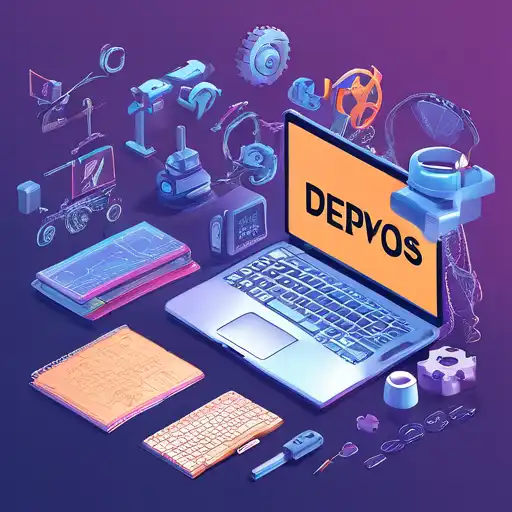Introduction to DevOps in 2023
As we step into 2023, the DevOps landscape continues to evolve, bringing forward tools that promise to streamline development and operations workflows. This guide highlights the essential DevOps tools you need to know to stay ahead in the game.
1. Continuous Integration and Continuous Deployment (CI/CD) Tools
CI/CD tools are the backbone of DevOps practices, enabling teams to automate the stages of app development. Jenkins, GitLab CI/CD, and CircleCI are leading the charge in 2023, offering robust pipelines for automation.
2. Infrastructure as Code (IaC) Tools
IaC tools like Terraform and Ansible allow teams to manage infrastructure through code, ensuring consistency and efficiency. These tools are indispensable for automating cloud deployments.
3. Containerization and Orchestration Tools
With the rise of microservices, Docker and Kubernetes have become critical for containerization and orchestration, respectively. They simplify deployment and scaling of applications across environments.
4. Monitoring and Logging Tools
Effective monitoring is crucial for maintaining system health. Tools like Prometheus for monitoring and ELK Stack for logging provide real-time insights into application performance.
5. Version Control Systems
Git remains the undisputed leader in version control, with platforms like GitHub and Bitbucket enhancing collaboration among development teams.
6. Cloud Platforms
Cloud platforms such as AWS, Azure, and Google Cloud offer a suite of DevOps tools that support everything from code deployment to monitoring, making them essential for any DevOps strategy.
Conclusion
The DevOps tools landscape in 2023 is rich and varied, offering solutions for every stage of the development lifecycle. By leveraging these tools, teams can achieve greater efficiency, scalability, and reliability in their projects. Stay updated with the latest trends to ensure your DevOps practices remain cutting-edge.
For more insights into DevOps and software development, check out our technology blog.
